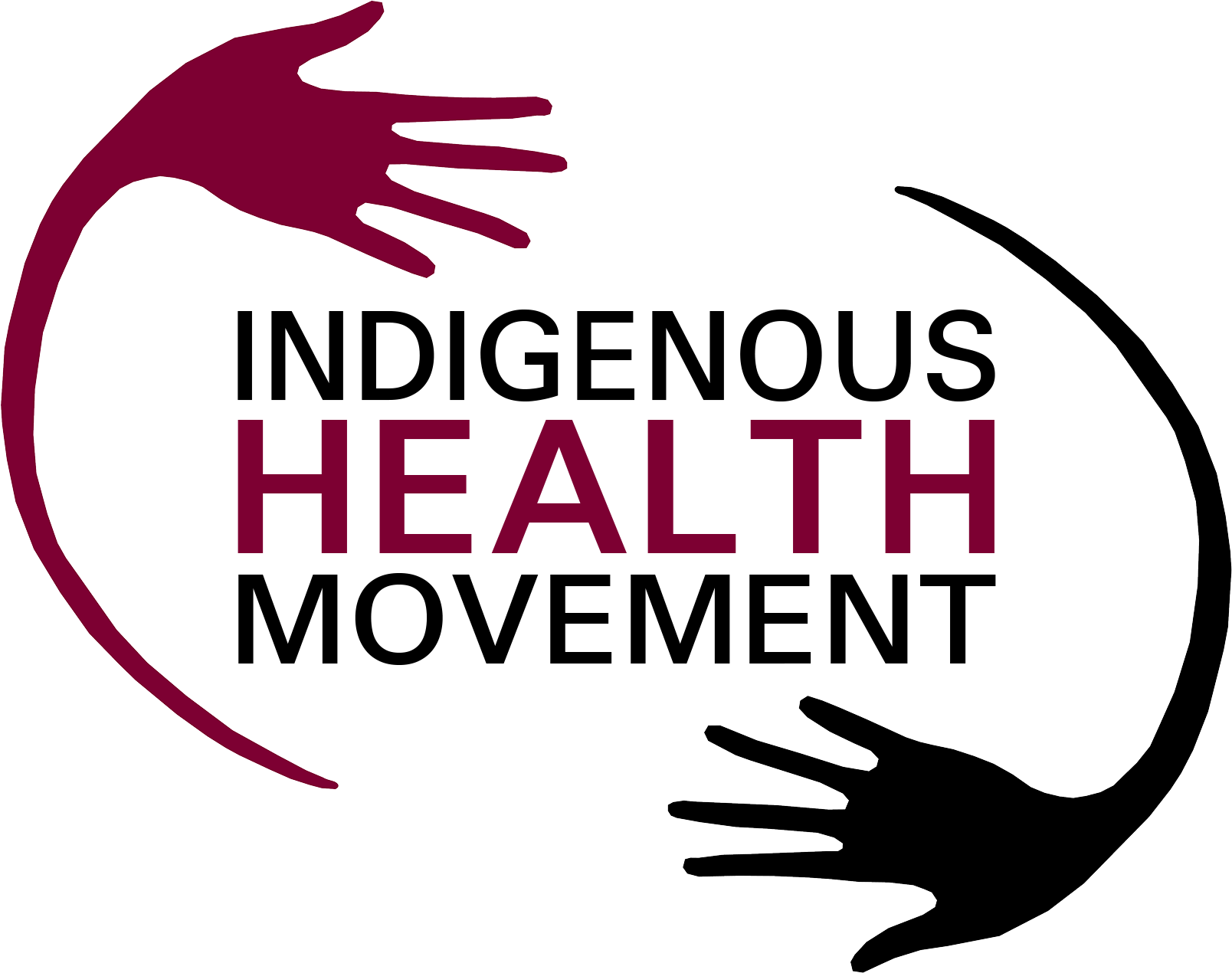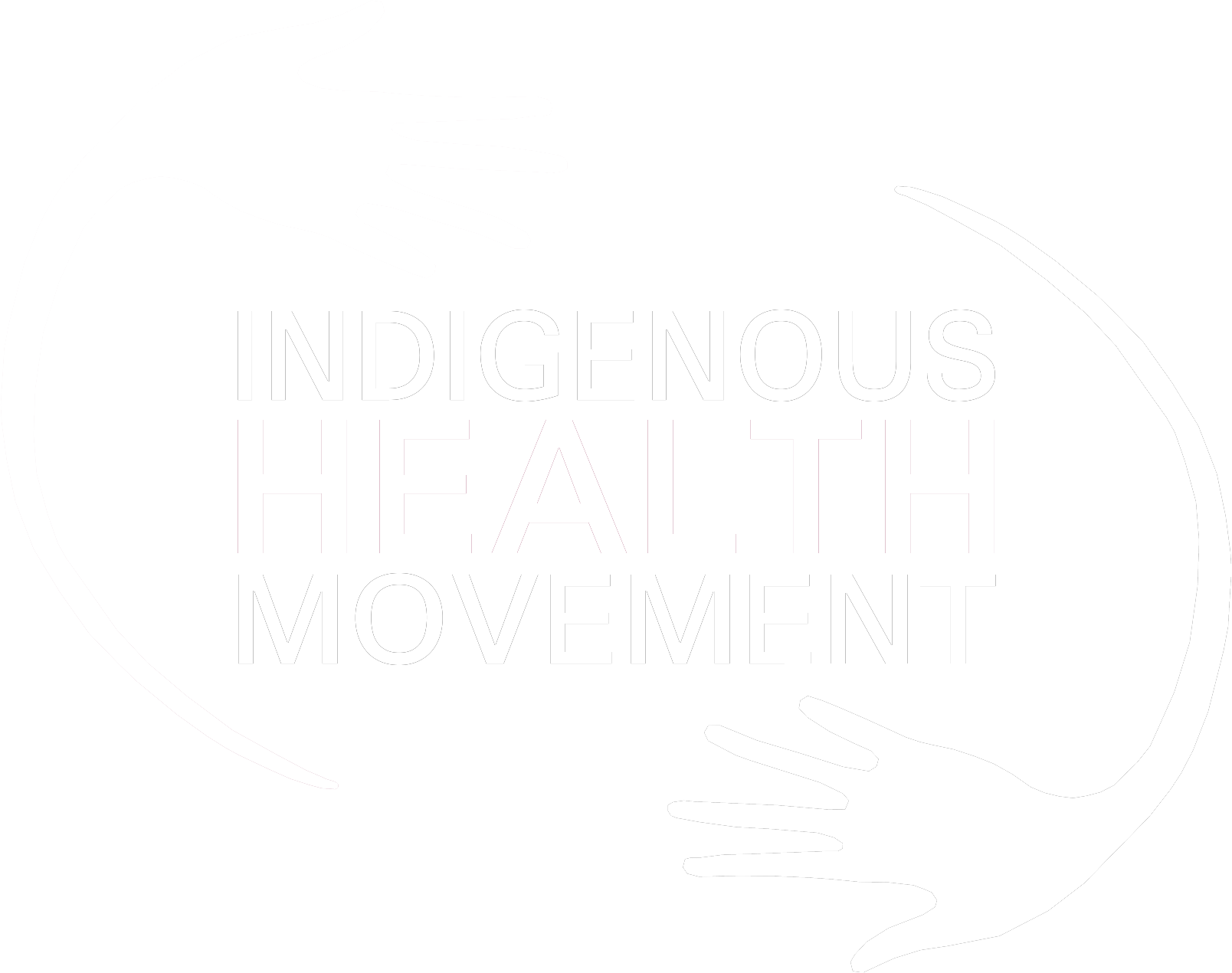The goal of the three year network catalyst project is to meaningfully engage Indigenous knowledge holders, practitioners, researchers, trainees and knowledge brokers to collaborate and advance environmental health research that guided by Indigenous knowledge and ways of knowing in all aspects of the research process
WORKSHOP TITLE :
Resilience building through Traditional Ecological Knowledge Digital Stories
DESCRIPTION :
Indigenous youth mental wellness must be centered in land, the language, community, cultural identity, and empowerment (Martin Hill, Journal of Aboriginal Health, 2009). Symma Finn,
1
Mose Herne,
2
and Dorothy Castille
3
explain traditional ecological knowledge (TEK) refers to a subset of indigenous knowledge, preserved though oral tradition and through cultural expressions such as arts, crafts, and ceremonies and the cultivation, collection, and preparation of traditional foods. The preservation of this knowledge is increasingly threatened by the loss of indigenous languages worldwide, which affects not only the transmission of TEK through narratives, storytelling, and song but also the understanding of the meaning and significance of other forms of cultural expression (Moller 2009; Montag et al. 2014).
“TEK encompasses a broader and more multilayered understanding of the interconnection of humans and the environment and is defined differently depending on its application to resource and ecosystem management, law, mental health and substance abuse, ethnobotany, and, more recently, to environmental health and climate change research (
Alcorn 1989; Tsosie 1996; McGregor 2009; Flint et al. 2011; Gone 2012; Maldonado et al. 2015; Moorehead et al. 2015).”
The GWF existing co-creation health team has observed and heard from community alarming levels of water anxiety experienced by FN youth/families. Elders, SN health services identified a need to further address mental health as it relates to ecological grief, burden of lack of access to clean water and environmental stressors. Our current and new research understands the importance of monitoring the impact of positive youth water actions and well-being. The activities (water sensor training, water governance and protection) should be improving resilience in both water and human health. From youth and community consultation to date, specific research tools have been identified, including: (1) the need to develop a coordinated survey tool that includes information on water anxiety, perceptions of water quality, access to perceived health water and burden of cost, positive water actions, positive experiences with social justice, mattering, and resilience in youth; (2) a need for documentation of water stories emphasizing youth positive action as an open-access knowledge mobilization tool; and (3) a need for a youth-informed resilience communication tool, such as an App, that incorporates access to living archives of youth stories, and serves a role for further water advocacy and youth agency.

